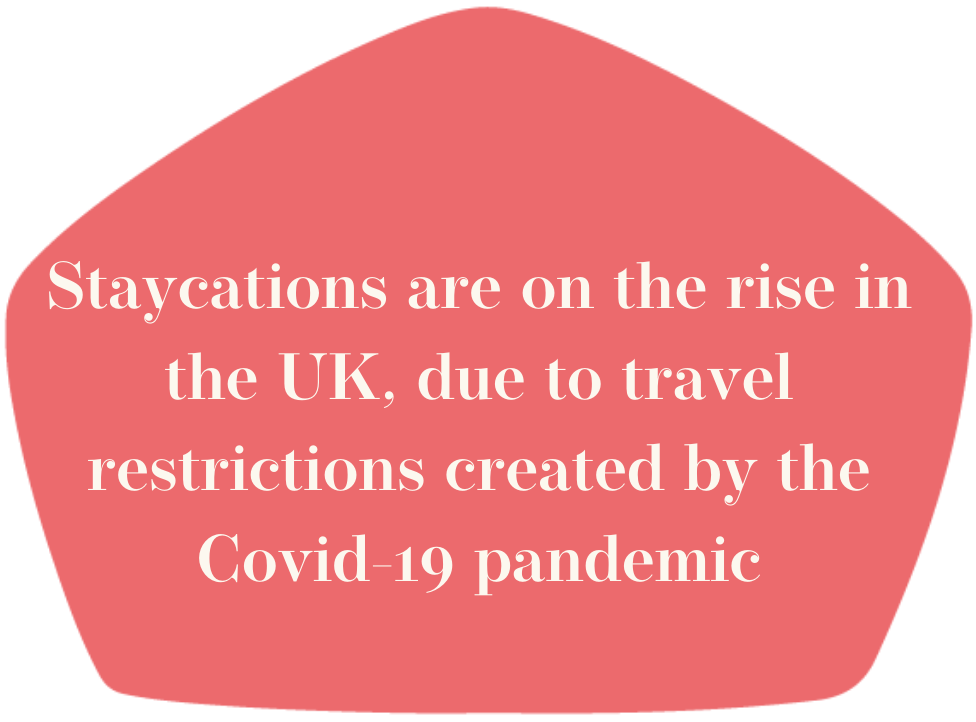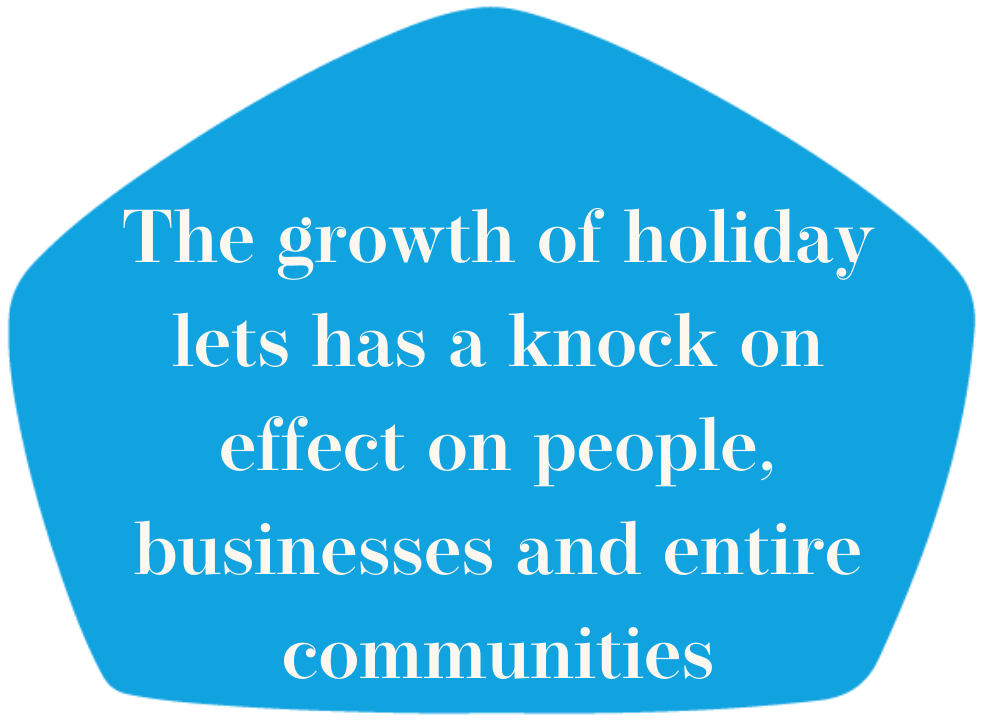Are Short Term Lets Destroying Communities?
Short term boost
Last year, with Covid raging and so many of us working from home, many predicted that cities would become ghost towns as people took their city wages and invested in countryside properties. As the restrictions lift and companies look to see their employees back in the office, this has not proven to be a lifestyle shift that has stuck.
Rent Guarantee Insurance for £299
- ✓ Covered for £2,500 per month
- ✓ Claim up to £25,000
- ✓ Free access to legal advice
However, with some flexible work options looking like they’re here to stay, long weekends in staycation destinations like Devon, Cornwall, Cumbria and Wales are becoming more popular, as you can work from your AirBnB and prolong your time away.
 Long term impact
Long term impact
Covid has forced our attention back to our own shores. Long haul flights are no longer our go-to for holidays and at the moment, UK holiday destinations are enjoying that bump in tourism while people remain cautious about travelling further afield.
But unlike bustling and anonymous cities, small towns and villages rely on a tight knit community to support local people and businesses. When many of the local homes are only inhabited during holiday seasons or weekends by transient holidaymakers, the impact on local life is huge.
Socially, there are fewer people within the community to provide friendship and support which is not only vital for mental health but, as seen during the pandemic, often a practical need.
As holiday lets push up the price of rent and purchase prices, local young people struggle almost as hard as those in cities to get on the property ladder, often finding themselves priced out of their hometowns.
They then have to decide whether to live longer in the family home, or move away to somewhere cheaper, where they might not know anyone. While this has a negative effect on younger people, there is also a secondary impact on older people. The UK has an ageing population and as families are forced by finances to live further and further apart, older people can become more isolated and more reliant on local social care services, as they no longer have family nearby to give them the support and companionship they deserve.
Small business struggle
There is a wider domino effect on communities – beyond family and social circles, local businesses are also deeply affected.
They may do well on a thriving holiday trade, but often have to limp through quieter months as the local community is no longer reliably large enough to sustain them. While larger chain stores, cafes and restaurants can sustain these dips, it’s not possible for smaller businesses, who rely on local people not only for staff, but for spending.
At a time when we lament the death of the local high street, as we see family businesses gradually replaced by larger, faceless corporations, we have to ask ourselves why this is happening. Is part of the problem second-home and holiday-let ownership?
Finally there is an environmental cost, as second homes increase your carbon footprint thanks to the maintenance of two homes and the greenhouse emissions created by travelling to and from them.
 A tipping point
A tipping point
The traditional B&B is a staple of the British holiday and offers a staycation option that is better for the environment than travels abroad. But we need to consider if we have reached a tipping point where short term lets are doing more harm than good.
While holiday lets can really boost your finances, it also is a lot of work on the landlord’s side. Thanks to a high turnover of guests, landlord’s have to check on the property more often, are more likely to encounter nightmare guests and are likely to have to pay for general wear and tear far more often than in a residential property.
If you are considering whether to offer your property up for long lease or holiday let, it’s worth considering the implications on your time and pocket, as well as the potential ripple effect on the wider community.